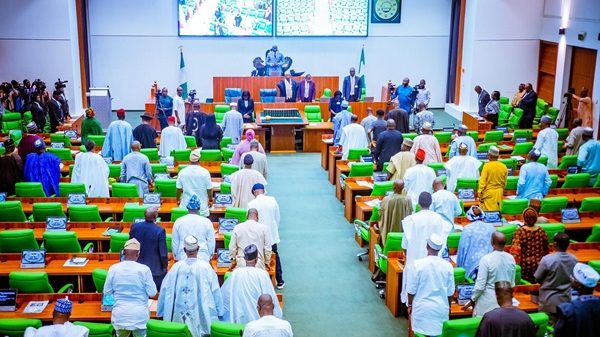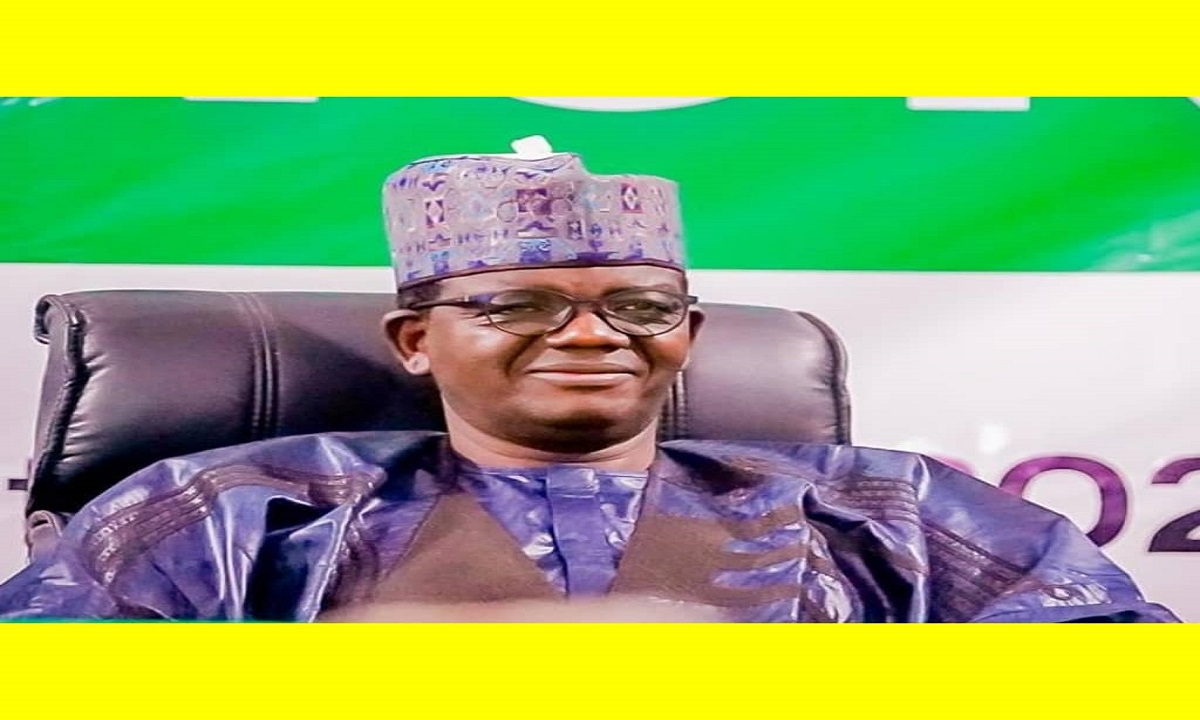By Malam Haruna Garba, Public Analyst
The Honourable Minister of State for Defence, His Excellency, Dr. Bello Muhammad Matawalle, MON, has found himself at the center of both political storms and commendations as he navigates Nigeria’s complex security challenges, particularly in Zamfara State. Known for his relentless commitment to fighting banditry, Matawalle’s actions in defense of Nigeria’s security are increasingly being politicized. Yet, his determination to see an end to the region’s ongoing violence remains undeterred.
As a former governor of Zamfara and a key figure in the war against banditry, Matawalle has a unique understanding of the local terrain and the root causes of the insecurity plaguing the region. Since he was appointed by President Bola Ahmed Tinubu, Matawalle has made significant strides in addressing the bandit crisis in Zamfara. One of his most notable successes was the elimination of notorious bandit leader Halilu Sububu, achieved through coordinated efforts between the Ministry of Defence and the Chief of Defence Staff, General Christopher Musa. Matawalle’s proactive leadership, including his regular visits to the Sokoto base of Operation Hadarin Daji to boost troop morale, reflects his hands-on approach to combating the insurgency.
However, Matawalle’s efforts have been met with political jealousy, as critics, particularly from the Peoples Democratic Party (PDP),have been attempting to discredit his good work. Instead of focusing on the urgent need to restore peace and security, the PDP has been viewing his progressive actions with myopic negativity tainted with unfounded allegations, turning a critical national security issue into a political battleground. This politicization, as pointed out by various commentators like Usman Abdullahi, distracts from the real issues at hand—finding lasting solutions to the insecurity in Zamfara.
Matawalle’s critics, particularly those within the political establishment, fear his growing influence and popularity among the Northern masses. His commitment to dismantling the networks of bandits and illegal mining operators, who have long exploited the region’s resources and created chaos, poses a direct threat to those who benefit from the instability. This explains the vigorous attempts to undermine him, but Matawalle remains focused on his mission.
The urgency of Zamfara’s situation cannot be overstated. The human cost of banditry is staggering, with communities devastated by kidnappings, murders, and forced displacement. The region’s socio-economic fabric is unraveling, with farmers unable to work in their fields, children kept from schools, and health services in disarray. While political distractions continue to cloud the security debate, Matawalle’s strategy—focusing on boosting troop readiness and eliminating key criminal figures—offers a glimpse of hope.
Matawalle’s critics may continue their campaign against him, but the facts on the ground are clear: the fight against banditry is far from over, and the stakes for the people of Zamfara are higher than ever. If his critics put aside partisan politics and unite to support ongoing security efforts, there is a real possibility that Zamfara could finally see peace. In the meantime, Matawalle’s resolve to bring an end to the bandit crisis remains as strong as ever. His commitment to a secure, peaceful Zamfara is a testament to his leadership and patriotism in the face of both political opposition and security threats.
![]()



























































